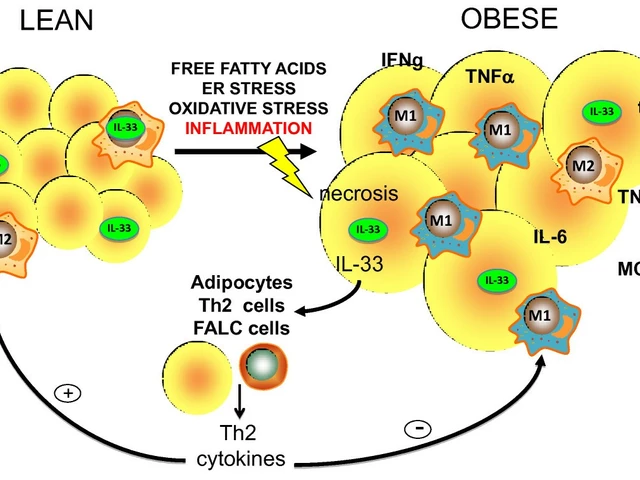PI3K pathway inhibition — what it is and why it matters
PI3K pathway inhibition is a targeted approach that blocks a cell signaling route many cancers use to grow and resist treatment. When that pathway is overactive—often because of a PIK3CA mutation—tumors get signals to survive and multiply. Stopping PI3K can slow tumor growth, make other treatments work better, or help patients who’ve run out of standard options.
How PI3K inhibitors work and the main drugs
PI3K has different isoforms (alpha, beta, delta, gamma). Drugs target one or more of these. For example, alpelisib (targets PI3K-alpha) is used in some breast cancers with PIK3CA mutations. Idelalisib and duvelisib focus on PI3K-delta and are used in certain blood cancers. Copanlisib hits multiple isoforms and is given for some lymphomas. Blocking PI3K reduces the survival signals inside cancer cells and can trigger cancer cell death or make chemo and hormones more effective.
Doctors usually pick a PI3K inhibitor based on tumor type and genetic testing. A tumor test that finds a PIK3CA mutation often points toward alpha-selective drugs. In blood cancers the delta-targeting agents are more relevant.
Side effects, monitoring, and what patients should do
Side effects vary by drug but some are common and important to watch. Hyperglycemia (high blood sugar) is frequent with alpha inhibitors like alpelisib—expect glucose checks before and during treatment. Skin rash, diarrhea, nausea, and fatigue can occur. Delta inhibitors have been linked to immune-related issues such as colitis, pneumonitis, and higher infection risk. Liver test changes and low blood counts also happen with some agents.
Quick practical tips: get baseline blood tests (glucose, liver panels, blood counts), report new diarrhea or breathing problems right away, and tell your team about a rash early so it can be treated before it worsens. If you have uncontrolled diabetes, discuss risks and alternatives—many trials require stable blood sugar before starting a PI3K inhibitor.
Resistance is common over time. Tumors may switch on other pathways or lose tumor suppressors like PTEN. That’s why combinations are being tested: PI3K inhibitors plus hormone therapy, CDK4/6 inhibitors, or immunotherapy. Clinical trials often explore these combos, so ask your oncologist if any trials fit your situation.
Bottom line: PI3K pathway inhibition can be a useful tool against cancers with specific molecular changes, but it comes with distinct side effects and monitoring needs. If you or a loved one is considering this class of drugs, ask about genetic testing (PIK3CA), glucose control plans, and whether a clinical trial could offer a better option. Your care team will tailor choices to the tumor type and your overall health.

Understanding the importance of PI3K pathway inhibition in cancer treatment: The role of alpelisib
So, let's dive into this fascinating world of cancer treatment, shall we? You see, this cool dude named PI3K pathway plays a big role in cell growth and survival, and guess what? It's often overactive in certain cancers, so inhibiting it could be like the secret party pooper to cancer's wild party! Now, meet alpelisib, the new kid on the block, who's doing a fantastic job at this inhibition game. So, in a nutshell, understanding this PI3K pathway and the role of alpelisib could be a big game-changer in the world of cancer treatment. Let's keep our fingers crossed and hope for the best!
Health and MedicineLatest Posts
Tags
- online pharmacy
- medication safety
- generic drugs
- medication
- dietary supplement
- side effects
- online pharmacy UK
- drug interactions
- mental health
- impact
- online pharmacies
- statin side effects
- dosage
- generic vs brand
- pediatric antibiotics
- antibiotic side effects
- skin health
- health
- pain relief
- dietary supplements




